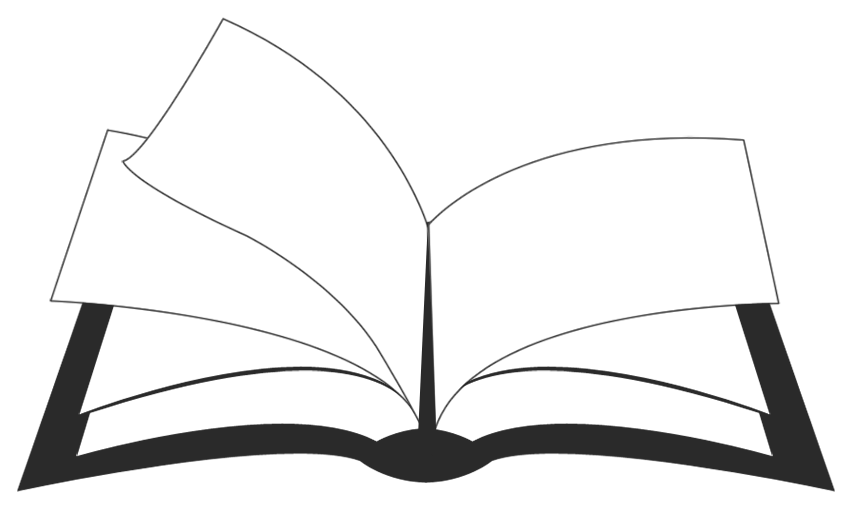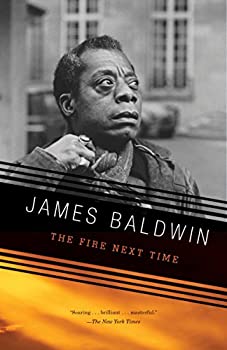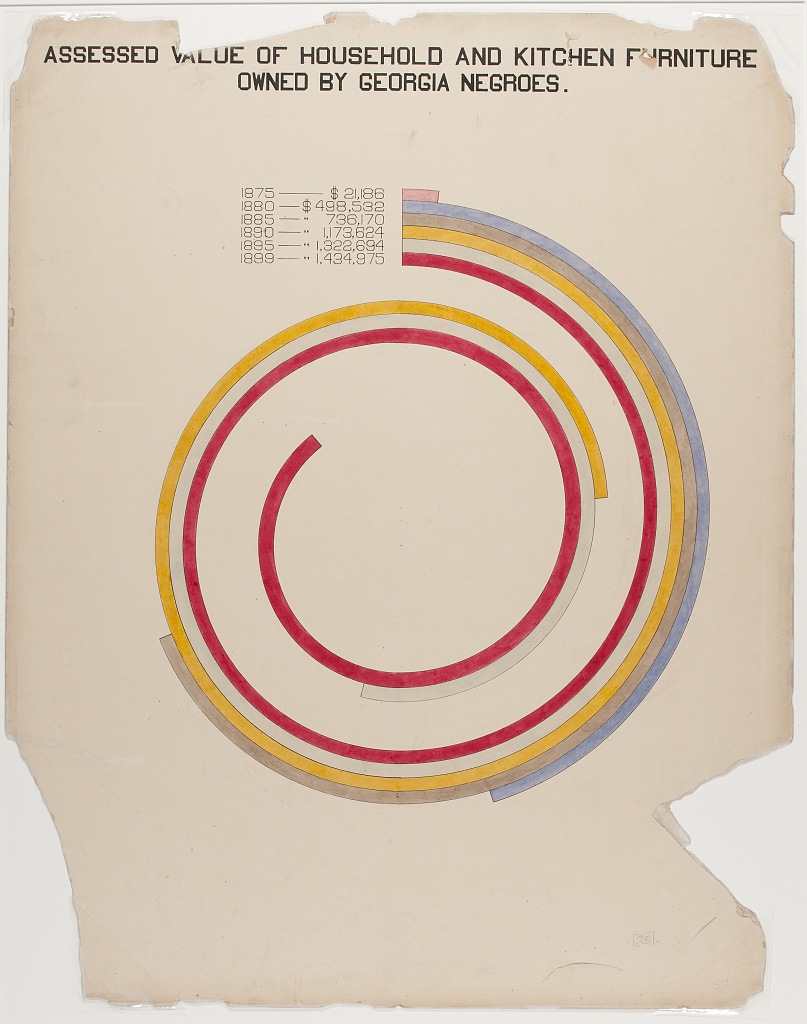Table of contents


Complete PDF
Chapter 2: Shades of Mississippi & Chapter 3: Whose Law and What Order?
Join us on Youtube Live on Saturday, July 25th at 11am CST for a live conversation with Jamila Woods! Jamila Woods is a poet, singer, and songwriter based in Chicago.
Connect with an official chapter lead (or become one yourself!) to find out where and when your next meetup is.
The past week, the United States has witnessed what Angela Davis has called a possibly unprecedented moment in demands being made globally for radical and systemic challenges to racism and legacies of slavery. In the week and days following the murder of 46-year old George Floyd by the Minneapolis Police Department; on the would-be 27th birthday of Breonna Taylor, who was murdered by the Louisville Metro Police Department the month prior; and in the days, months, years, decades and century following the continual lynching of Black communities in this land (and beyond), we are witness to a national uprising. In one week, this mass mobilization of righteous anger and deep love for our Black siblings has fought for — and won — major milestones that we have been fighting for for years and seemed almost unimaginable wins just a week prior. Here is an (ongoing) list of some of what the people, united, have achieved since May 26th.
This moment is exciting, inspiring, painful, intense, beautiful, shocking, brilliant, and messy. And we’re here for all of it. But immensely important in these moments is also grounding: spiritual/religious grounding, community grounding, and historical grounding. This moment is both new and a legacy of what was made possible by the freedom fighters before us; both visionary and historic; we are speaking new languages and articulating new demands crafted from the alphabets of James Baldwin, Angela Davis, Toni Morrison, bell hooks, Malcolm X, Ida B. Wells, and so many others.
So let’s dive into their words.
James Baldwin is a no-brainer (and a fitting read given it is also pride month in the USA!) when wanting to dive into writing of/on Black liberation in the USA. His writing is hauntingly passionate and deeply emotive. The Fire Next Time is a relatively short read but nothing short of breathtaking.
Also, we cannot discuss Black liberation in the USA without uplifting the role of Black Muslims’ resistance to the carceral state. Garrett Felber’s Those Who Know Don’t Say is a new book published earlier this year and provides incredibly well-researched, cited, and documented discussions of the Nation of Islam and incarcerated Muslim organizing–whose immense and vital contributions to the Civil Rights Movement remains largely overlooked elsewhere.
Finally, the final “required reading” is a short essay by Eve Tuck and C. Ree, an Indigenous (Unangax̂) writer and Korean American writer, respectively, whose reflections on decolonization, generational trauma, and state violence are important to place in conversation with this unit. Decolonization is no simple conversation, process, or practice, but if we are to be honest about decolonization we must recognize the United States is a global military empire on stolen land.
Finally, we’ve also updated our police, prisons, and abolition unit with more links and resources, if you’re looking for a more-focused conversation on what that structural change looks like, and what demands to defund the police really means and why people are making it.
If this is your first time reading with us, we also highly recommend our very first book, Assata Shakur’s Autobiography, for pre- or post- reading on this unit. Or really everything else in our digital library 🙂
We’re excited and honored that the brilliant poet, singer, and songwriter Jamila Woods will be joining us on Youtube Live as our discussant for this unit! Join us Saturday, July 25th at 11:00 am CST for a conversation on Youtube Live to discuss this unit!


“Assessed value of household and kitchen furniture owned by Georgia Negroes,” from W. E. B. Du Bois’s ‘The Georgia Negro: A Study’ (1900) (via Library of Congress)